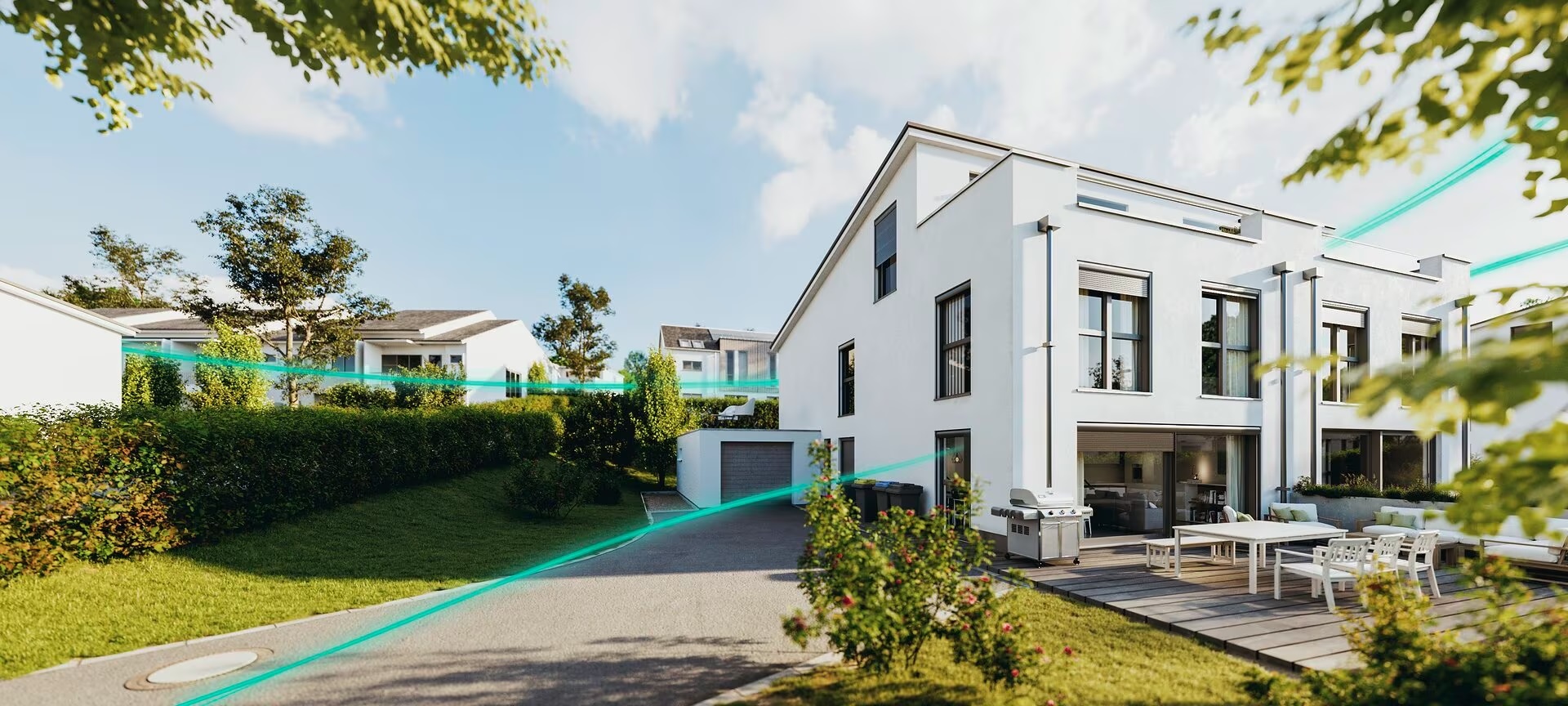Sustainable water supply for residential areas is a crucial task that must be handled with great responsibility so that all citizens can have continuous access to clean and safe water. There are many solutions that can help ensure that this goal is accomplished. These include:
Table of Contents
ToggleIntegrating rainwater harvesting systems in residences
One key way to ensure water security is through rainwater harvesting systems, which capture and store rainwater in tanks, cisterns, and other storage containers. By integrating these storage solutions into residences, homeowners can access clean and plentiful water sources with low-cost maintenance and reduced energy demands.
Not only will this be beneficial on an individual level, but it also has a cumulative effect in reducing the pressure on existing community water systems while helping to increase efficiency levels at the same time. Therefore, it is important that we continue to explore integrating rainwater harvesting systems into residences as part of our broader efforts toward sustainability.
Making sure groundwater resources are not being over-extracted
It is important for sustainable living that we learn to use our groundwater resources wisely. With proper management and supervision, water resources can be continuously used for residential areas without getting over-extracted.
A few methods that could be implemented are rainwater harvesting, improving water efficiency through leak detection technology, and improvement of infrastructure to supply water from large bodies of water such as reservoirs and rivers. There should also be restrictions on how much one individual can draw from the source in order to distribute it evenly among all users.
Moreover, with rising expenses due to the over-extraction of groundwater resources, it is important that organizations spend funds generated through sustainable sources on monitoring programs in order to ensure our groundwater resources don’t undergo an unwelcome depletion and subsequent degradation.
Establishing local water conservation policies
To ensure a reliable and sustainable water supply for residential areas, the implementation of local water conservation policies is essential. Cities and towns can mitigate rising costs associated with water supply maintenance by focusing on the efficient and effective use of existing resources.
These policies should target individual households as part of their campaign to reduce water expenses. A combination of changes that include fixing leaky faucets, installation of low flush toilets, using drought tolerant plants in landscaping, or restricting lawn irrigation are excellent ways to make efficient use of limited resources.
Implementing such measures can result in remarkable cost savings for cities and households without compromising on water quality for the long term.
Invest in a centrifugal pump
One great way to ensure a reliable and sustainable water supply is to invest in a centrifugal pump. These pumps are designed to be energy efficient, with superior performance, reliability, and durability compared to other traditional pumps. Additionally, many models have built-in features such as noise and vibration reduction and corrosion resistance that make them ideal for residential areas.
Thanks to these features, homeowners can count on an adequate and safe water supply throughout the year without worrying about environmental damage or disruption of daily activities. Investing in a centrifugal pump can be a key to empowering residents with clean drinking water – and enabling them to save time, money, and resources.
Mandating leak detection and repair services to entities supplying water
Leaks can result in millions of gallons of water going to waste, so ensuring that they are identified and fixed quickly would go a long way toward conserving this precious resource. Additionally, it will also decrease costs associated with having to replace the lost water: the longer a leaking system goes unnoticed, the more money must be spent on replacing what has already been wasted.
By making leak detection mandatory, society can ensure that water wastage due to unresolved leaks will become a thing of the past.
Building watershed protection strategies to reduce wastewater discharge
As residential areas become denser and more populous, it is important to establish sustainable water supply strategies that are able to support these large populations and protect watersheds from overuse and pollution. One of the most effective methods for approaching this issue is by building protection strategies that reduce wastewater discharge.
These strategies take into account the potential environmental impact of wastewater when designing treatments, storage protocols, and other infrastructure plans in residential areas. By investing in sustainable water practices like utilizing rainwater harvesting systems and reducing non-point source pollution, communities can work together to ensure access to safe drinking water for all inhabitants while also keeping in mind our responsibility to keep our watersheds safe for future generations.
When implemented together at a local level, these solutions will go a long way toward ensuring sustainable access to safe and clean drinking water for all.











